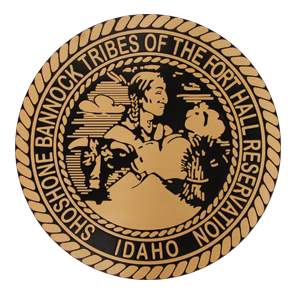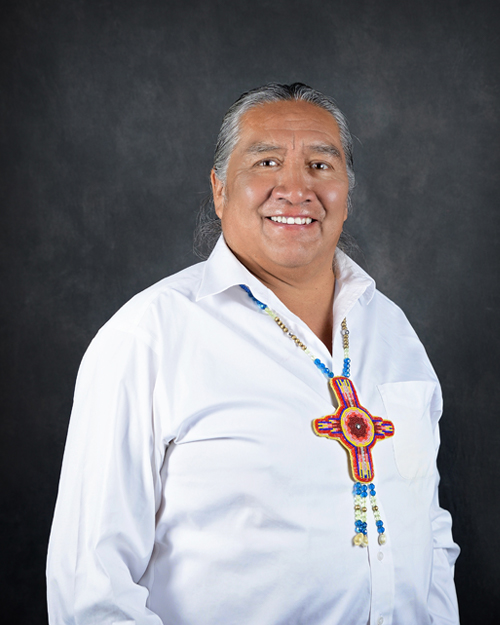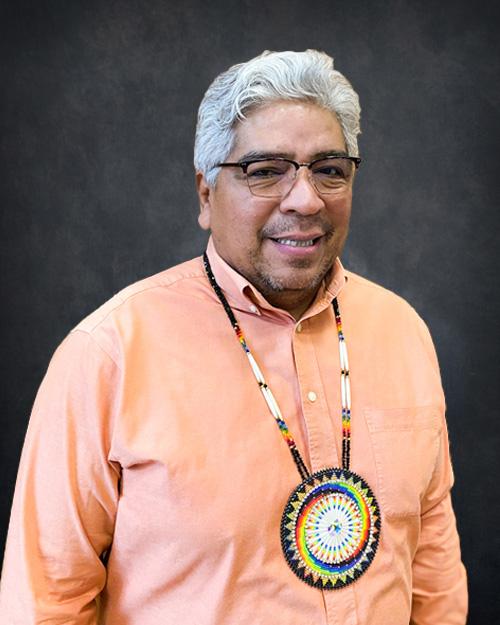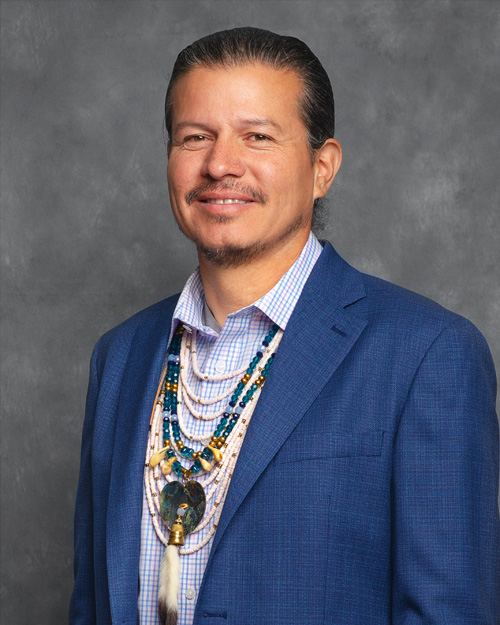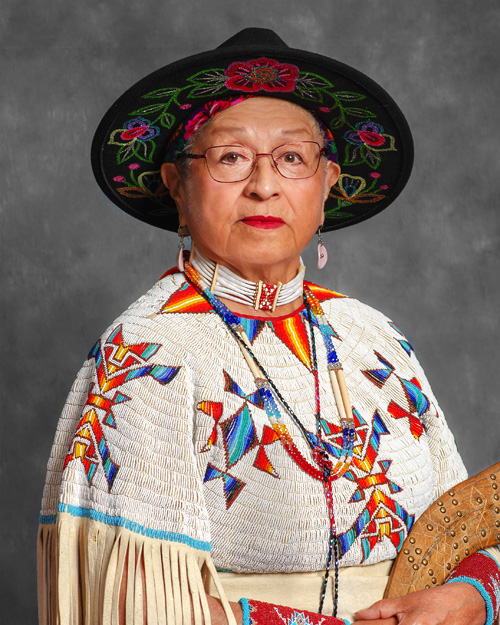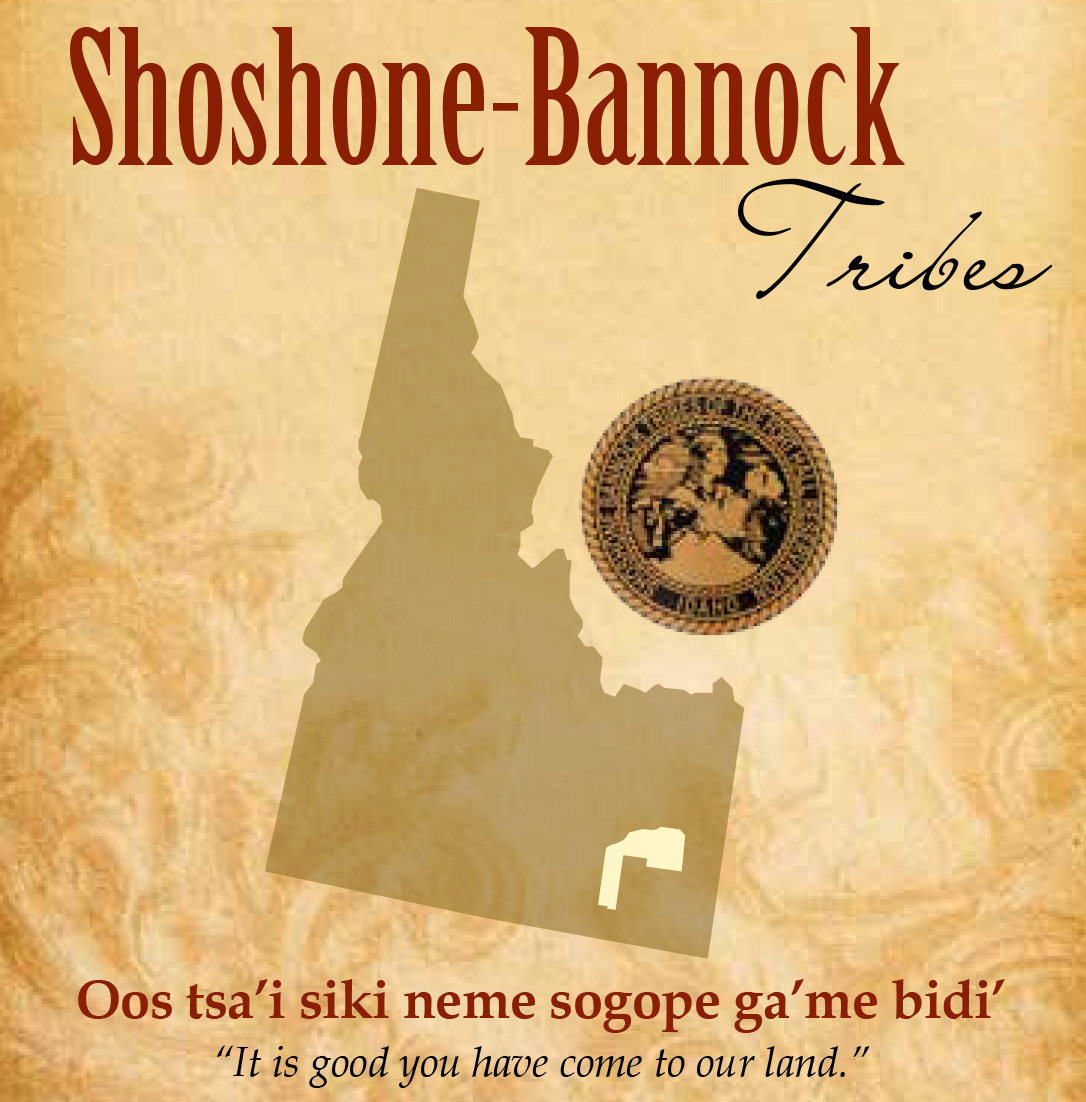Tribal Government.
The Shoshone-Bannock Tribes are organized under the 1934 Indian Reorganization Act, and they operate under a constitution approved on April 30, 1936. The charter was ratified the following year. The Tribes is governed by the Fort Hall Business Council that is comprised of seven members. The council is elected by the general membership for two-year terms. The Council maintains authority over all normal business procedures, including the development of lands and resources and all matters of self-government.
Fort Hall Business Council
Office of the Executive Director.

Executive Director, Tino Batt (Interim)
The Executive Director's Office is guided by the tribal mission statement: to promote economic development, education and health to ensure that the tribal membership receives the highest quality of life while maintaining traditional customs and beliefs.
The responsibilities of the Executive Director's Office include overseeing and helping achieve efficiencies in the tribes' governmental departments; acting as liaison between tribal members and the government; promoting the economic success of the tribes; improving communication, resolving problems and issues within tribal government and, most importantly, to improve services to tribal members.
An important role of the Executive Director's Office is to assist tribal members in obtaining information, assistance, direction and answers to questions they might have about tribal government.
We are a sovereign nation, practicing our inherent and self-governing rights.
Treaty and Constitution.
Fort Bridger Treaty of 1868.
The Shoshones and Bannocks entered into peace treaties in 1863 and 1868 known today as the Fort Bridger Treaty.The Fort Hall Reservation was reserved for the various tribes under the treaty agreement.
Read the Treaty
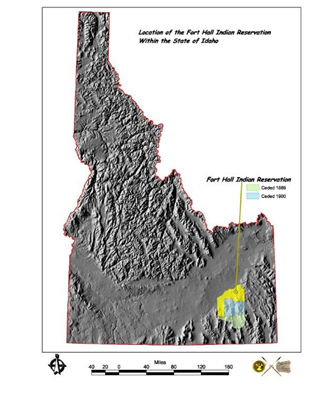
Constitution.
In 1936, the Tribes approved a constitution and bylaws for self-government under the provisions of the Indian Reorganization Act of 1934. The Tribes ratified a corporate charter in 1937.
Read the Constitution
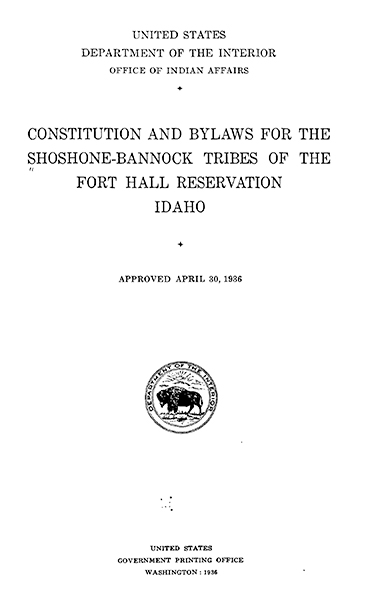
Office of Public Affairs.
The Office of Public Affairs is the Tribes' first point of contact for all external media inquiries. Public Affairs works closely with the media to coordinate interviews, provide background information and ensure that the Tribes' positions are accurately represented in the media.
Tribal Attorneys.
The Office of the Tribal Attorneys is located within the Tribal Business Center in Fort Hall, Idaho. We assist the Tribal government with issues requiring legal advice and expertise. When authorized by the Fort Hall Business Council, we also assist the Tribal Enterprises, the Shoshone-Bannock Hotel & Event Center, and the Fort Hall Casino.
